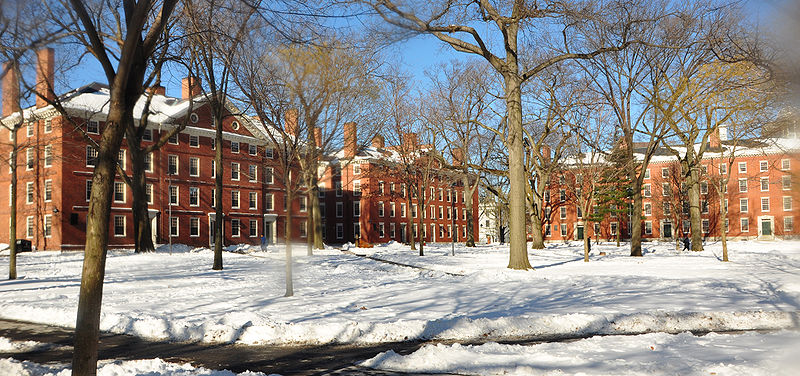A few years back, I was sitting in a restaurant in my hometown of Willimantic, Connecticut*. A few booths over, a late-middle-aged man was talking to a young woman paying at the counter. Here is my paraphrasing of the conversation:
Him: Where did you go to school?
Her: I went to Kramer. Then Windham High.
Him: Yeah? What year did you graduate?
Her: 2004.
Him: Beat me by fifty years. I graduated in 1954.
The age gap between these locals was apparent from more than their conversation. It could be found in words like “Kramer” and “Year.” He spoke with a non-rhotic accent, meaning the letter “r” was dropped at the end of these words (I.e. “Kramuh,” “Yee-uhs,” etc.). She spoke with a rhotic accent; like most Americans, she pronounced every “r:” “Kramer,” “Years.”
This snippet of dialogue confirmed a suspicion of mine: In Willimantic, people born before World War II tend to “drop their r’s.” Among those born after WWII, however, these pronunciations are quite rare.
Willimantic is a small town with a linguistically important location: it is smack dab on the traditional border between Western New England and Eastern New England. The difference between these two sub-regions is that the West is rhotic (“Kramer”), while East is non-rhotic (“Kramuh”).
But the interaction above suggests that within two generations this line has receded greatly. Non-rhoticity, once as part of New England’s culture as Cape Cod or the Red Sox, is quickly disappearing throughout the region. I doubt that it will vanish within my lifetime, but I can’t say it will last another hundred years.
To give you a good idea of how much r-lessness is shrinking in New England, take a look at this study from NYU. The researchers analyzed a variety of locals from Boston, Massachusetts. To give one startling piece of data, men over seventy only pronounced final “r” 11% of the time; for men under 40, this rate increased five-fold, to 55%.
That’s remarkable. As a New Englander, I have always thought of Boston as the last great hold out for non-rhotic accents. I have been to Maine, New Hampshire, Rhode Island, and most middle-class people my age have pronounced their “r”s. But Boston? I figured Beantown would “pahk it’s cahr in Hahvuhd yahd” forever.
What is to account for this change? Obviously, all the corporate relocation that occured after WWII explains some of it; all those “nuclear families” moving to New England from Iowa and Nebraska.
I have a different theory, though. I believe some of the erosion of non-rhoticity is due to an increase in college education. Young people head off to other parts of the country and lose stigmatized dialect features, or they go to universities nearby where students from all of the country attend. And they stop dropping their “r”s.
Whatever the cause, though, it’s sad to see non-rhoticity go. It was one of those pieces of proof that Americans do not, in fact, all speak alike. And in a strange way, it was one of New England’s treasures.
*Side note: I actually grew up in a few towns in the area, but Willimantic is where my parents have worked for nearly 30 years.



In 1969, I visited Boston (from Kentucky) for the first time, in order to attend my oldest sister’s wedding. My family was staying in a hotel just off Harvard Square. Shortly after arriving, my other sister Nancy, my brother David and I all decided to take the subway from Harvard Square across the Charles River to the Boston Common. Upon boarding the train at the Harvard Square station, I began to search the transit map to determine how to get to the Common. Having no clue, I asked a conductor standing in the car nearby. “That would be the Pack Street station,” he replied. Hmmm. Pack Street. I gazed for another minute at the map, until my epiphany arrived. Pack=Park. Got it. Having learned Boston-ese from TV broadcasts of JFK, where Park equaled Pahk, I had not until now realized that a Pahk was for a aristocrat, while a Pack was for the man-on-the-street.
A number of years later, I would spend a week teaching at the public high school in Pike County, Kentucky. There, I would discover that folks in Pike County pronounced “Pike” in the same manner that our train conductor had pronounced “Park.” Both Packs, although different words altogether.
Next up: How my friend residing in South Louisville once described the “flyer” she was having printed for her “flower” show, as the “flar” for the “flar” show.
Actually, if you look at the US as a whole, the Boston pronunciation of “park” can mean four different words in different dialects! Boston “park” is Kentucky “pike” is Michigan “pock” is Northern California “pack.”